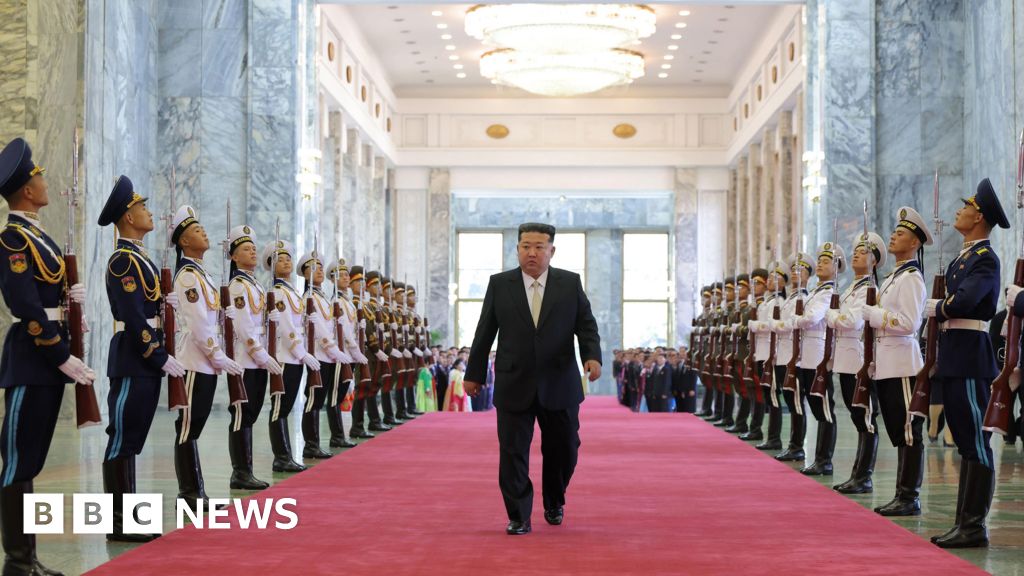Get the latest tech news
Jef Raskin’s cul-de-sac and the quest for the humane computer: “He wanted to make [computers] more usable and friendly to people who weren't geeks.”
“He wanted to make [computers] more usable and friendly to people who weren’t geeks.”…
However, against his repeated demands to the contrary and lengthy explanations of the rationale, Raskin was dismayed to find the device was nevertheless fitted with a power switch; Canon's engineering staff said they simply thought an error had been made and added it, and by then, it was too late in development to remove it. Raskin was hardly the first to propose the ZUI—Ivan Sutherland developed a primitive ZUI for graphics in his 1962 Sketchpad, along with the Spatial Dataland at MIT and Xerox PARC's Smalltalk with “infinite” desktops—but he recognized its unique abilities to keep a user mentally grounded while navigating large structures that would otherwise become unwieldy. In 2008, Enso was made free for download, and Humanized's staff joined Mozilla, where the concept became a Firefox browser extension called Ubiquity, in which web-specific command verbs could be written in JavaScript and executed in an opaque pop-up window activated by a hotkey combination.
Or read this on r/apple

